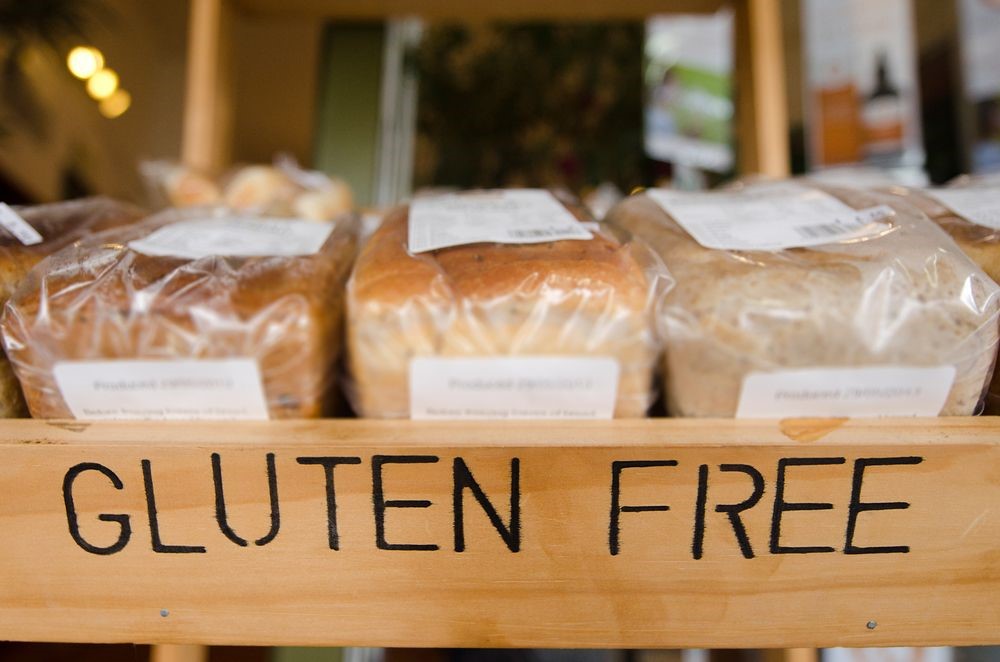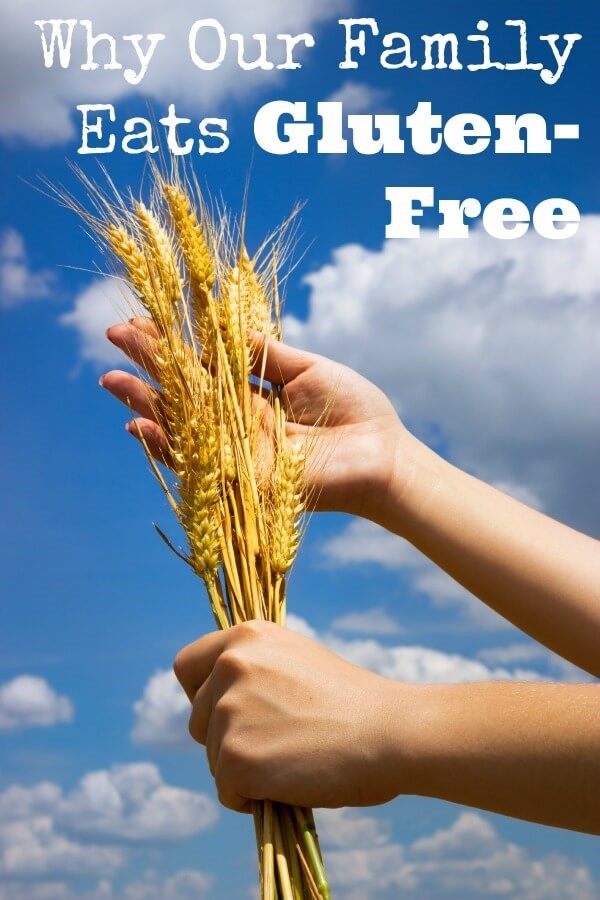For those of you dealing with non-celiac gluten sensitivity or celiac disease, following a gluten-free diet can help you keep problematic symptoms at bay whilst improving your overall health condition. It has been found beneficial asking questions to yourself and determining if you should go gluten-free or not.
Therefore, if you’ve been in a dilemma whether or not you should embrace a gluten-free lifestyle, then asking some of the questions listed below to yourself should help you immensely.
1. What is the reason behind your interest in following a gluten-free diet?
It’s fine if you’re interested in gluten-free diet and wants to follow one. But what is the reason behind your interest? Are you keen on following this diet merely to lose weight or do you suffer from celiac disease or have sensitivity towards wheat products? Understanding the reason behind your interest in a gluten-free diet is important before you follow it religiously.
Most Americans are interested in gluten-free diet these days than they have been ever before. While for some the reason for the shift towards this diet form is GI stress, for others it is a way to lose weight in a healthy way. If your reason has been the latter, then I suggest you not to try a gluten-free diet.
2. Does your health get impacted upon eating foods rich in gluten? What have been your symptoms?
There are many misconceptions surrounding what foods to eat and what not eat, especially when you’re conscious about gluten sensitivity and all problems surrounding it. Have you ever been a victim of gluten or have you ever experienced symptoms that made you feel sick upon eating foods that are rich in gluten? If yes, then chances are that you have celiac disease or at least suffer from some kind of gluten sensitivity.
3. Are you committed to leading a gluten-free lifestyle? Is your body and mind ready for it?

You need to be quite educated before you say ‘yes’ to a diet or lifestyle that will require you to remain gluten-free for really a long time. You simply cannot commit to important decisions like these, just like that. There are a lot of things you need to consider before you say ‘yes’.
Remember, if you’re new to the gluten world then there are a lot of stuff out there that contain gluten in some quantities, small or large. These unsuspecting items could be medications or supplements, sauces, toothpaste, frozen vegetables, and many others. The sad part is that some individuals are not 100% committed to leading a 100% gluten-free life and end up compromising on their lifestyle immediately after they pursue it.
While for some individuals merely reducing gluten intake is the way forward, for others eliminating it completely from their life is the only solution left.
4. Are there any additional resources I need to watch out for?
When you’re looking at serious ways of keeping gastrointestinal issues at bay, you’re sure to feel it exciting to eliminate gluten completely from your life or at least reduce it considerably. However, what you need to remember is that it is on-going commitment.
So the question is – Do you have any additional resources that can help you all through this commitment? Are you aware of any gluten-free group, online or offline that can guide you or keep a track of your progress?










